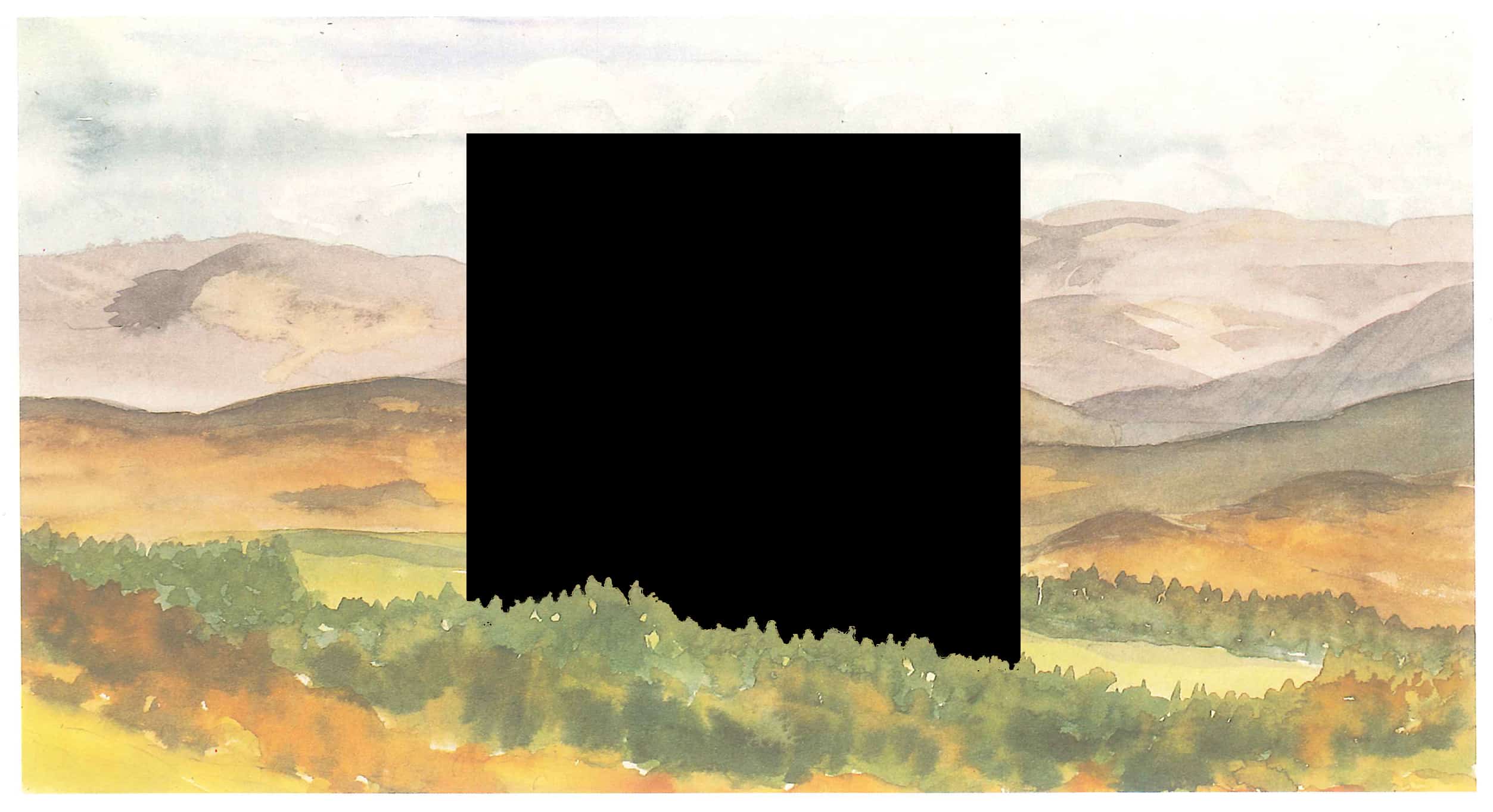
22 Apr Blindspots: The role of the unconscious and our choices by Lynne Harmon, Associate Counsellor Psychotherapist.
According to Freud, most human behaviour is the desires and feelings that have been suppressed as they contain unacceptable and unpleasant feelings, anxieties and conflict.
It was a conversation with a family member that led me to the thought that follows. He had been asked by a friend, after the government directive not to go to the houses of others, to drive 70 miles to go and live there during the lockdown. My family member noted that had he been anxious about upsetting his friend or felt guilt for not giving him what he needed, he could have broken the rule. An unconscious need to please others and let them have their needs met, overlooking our own needs or indeed societal needs, could have been the pattern of our childhood that though a blindspot to us, could have sabotaged his wellbeing and the wellbeing of his friend and society. Of course his friend unconsciously might be experiencing the pain of abandonment emotionally or physically and together the unconscious conspires to cause decisions to be made that potentially enable the virus to continue.
All over the world at the moment, leaders and citizens are making choices that if driven by unconscious patterns will change the response they have for good or wisely.
It is interesting to see that not only our mental health is affected by the unconscious, but there are far wider implications for the unbridled invisible unconscious motivators to harm society, relationships and even the pathway of a virulent virus.
Had my family member had an unconscious fear of rejection, he could have agreed to go to that party he was invited to also so as not to feel guilt and disappoint someone and the implications of that could have been enormous.
The unconscious need to feel in control and have personal power during a time of powerlessness against a virus could be causing the rate in domestic violence to increase as the blindspot of a need for control expresses itself without understanding and management.
The psychopathology of ‘lockdown’ and the impact of behaviours and choices resulting from those blindspots can undoubtedly, therefore, affect viral transmission and our aim to flatten the curve.
I wonder if the situation may have been different if in schools’ young people had been enabled to recognise their unconscious processes and learn to manage them effectively and make good informed choices because they recognised their blindspot?



Sorry, the comment form is closed at this time.